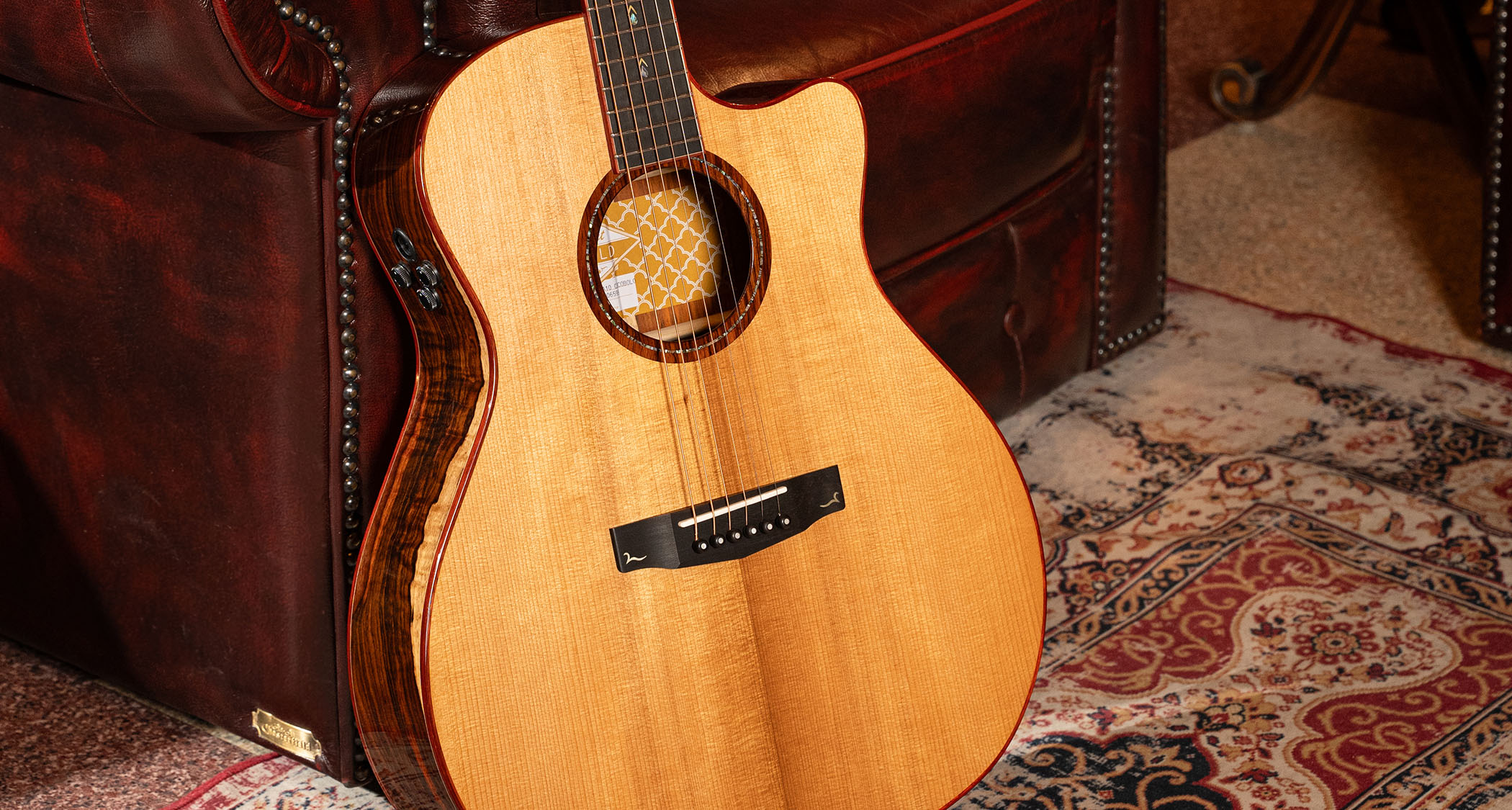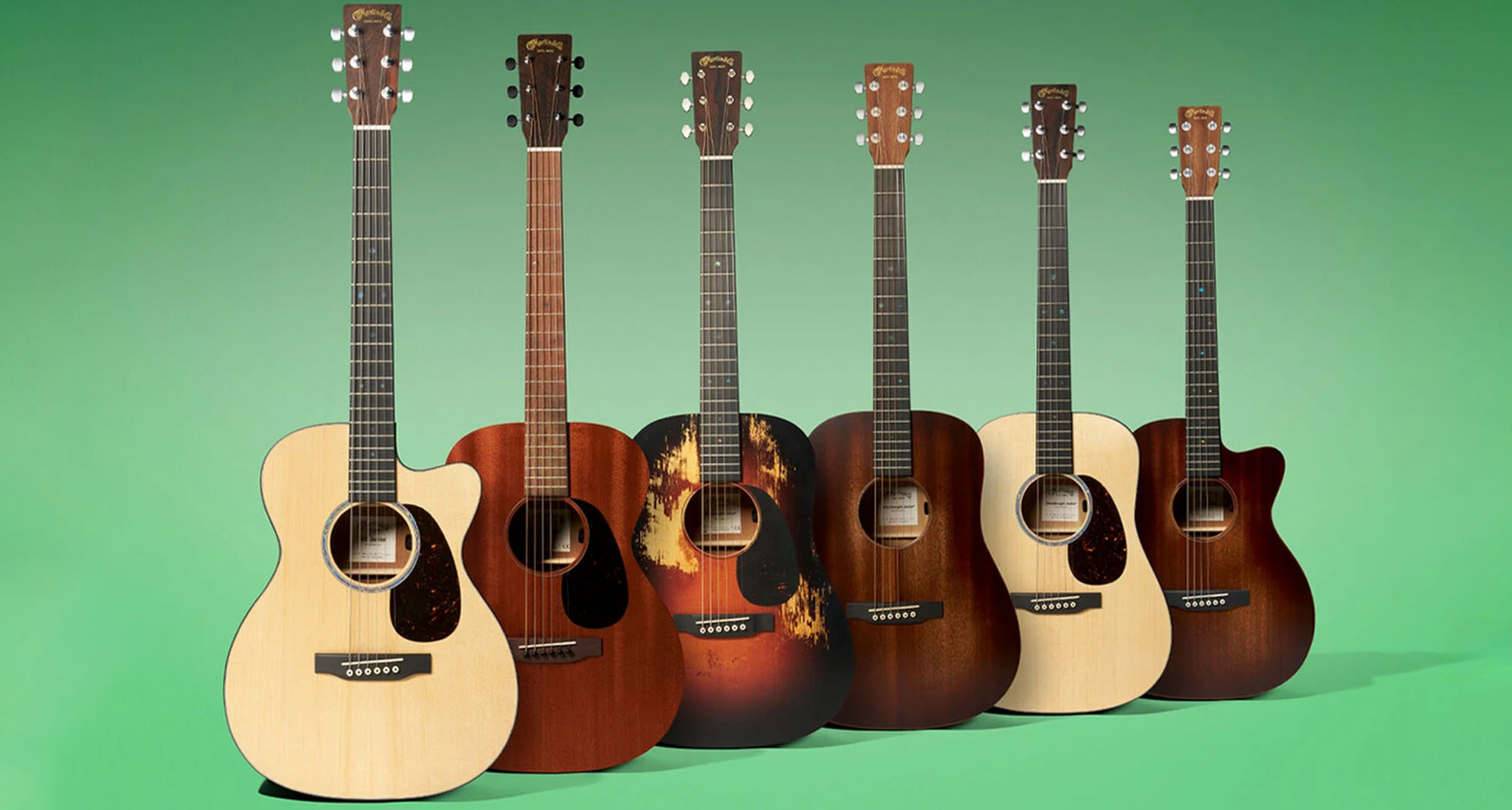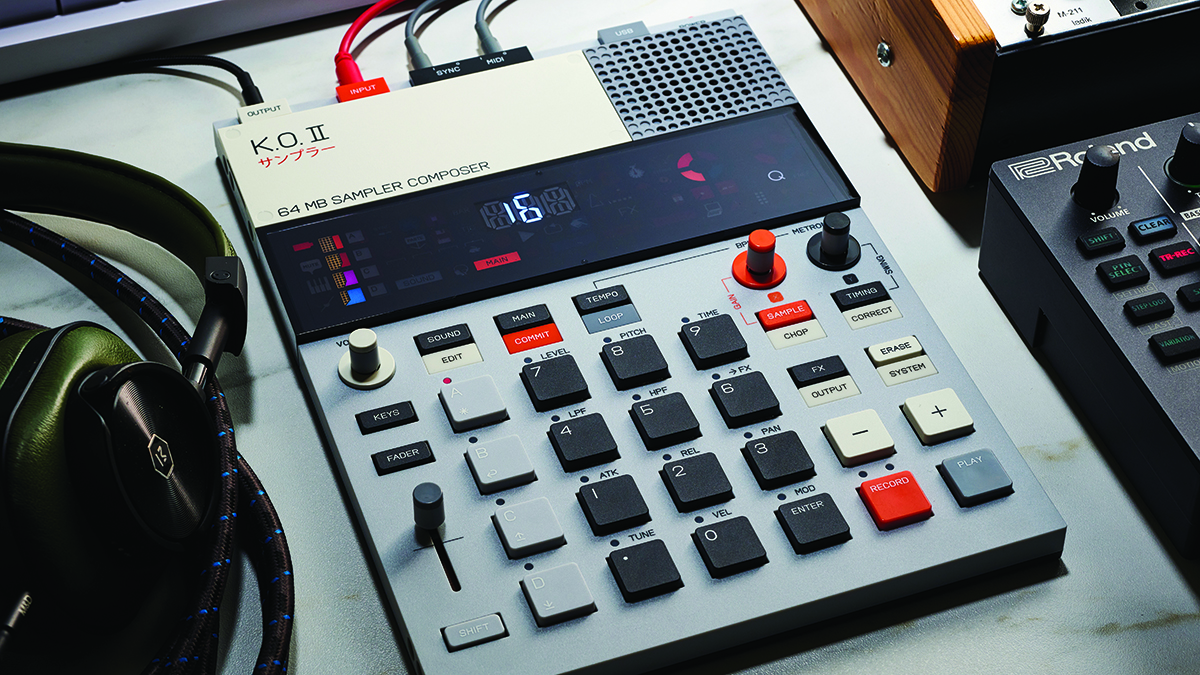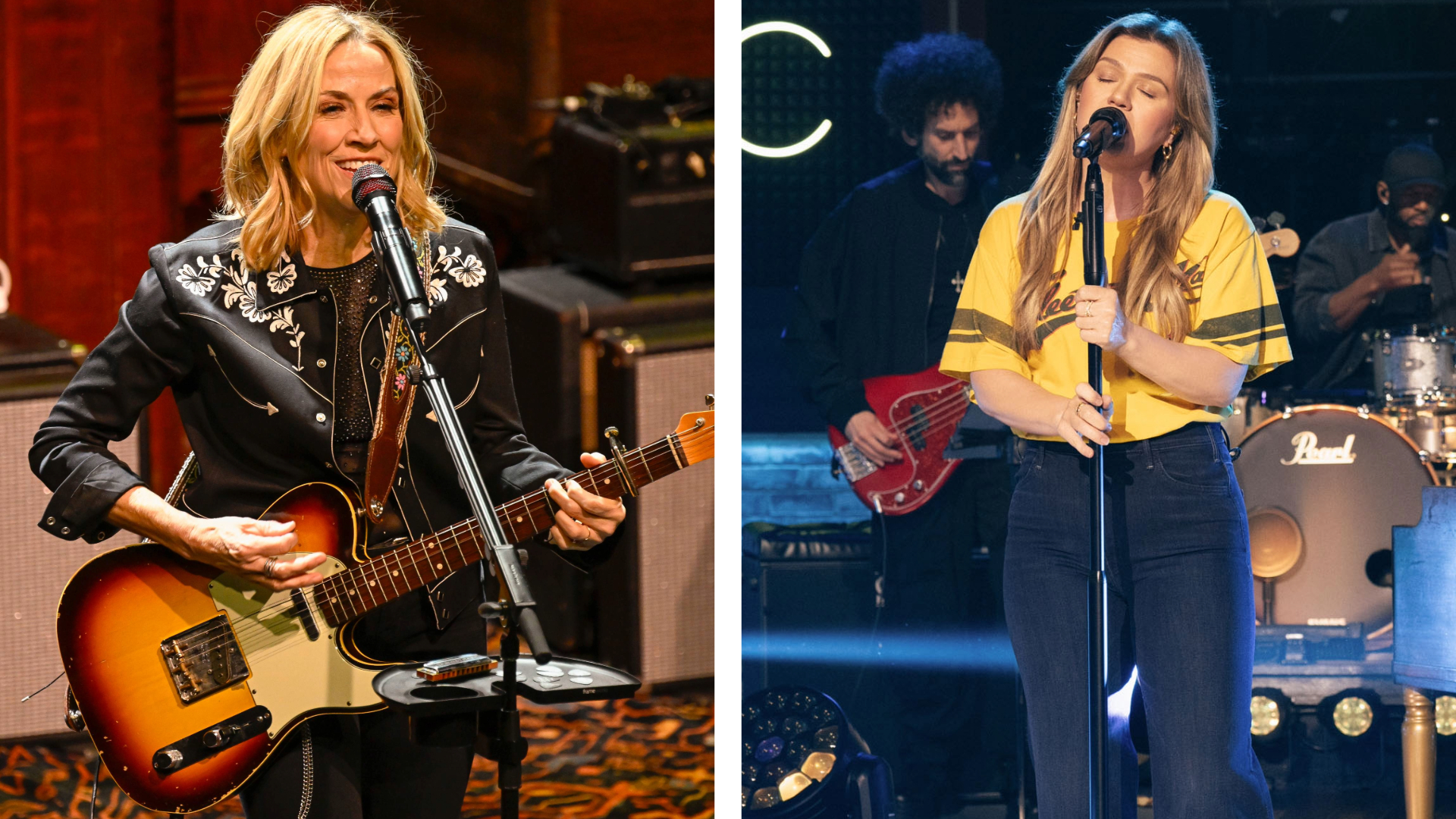13 essential acoustic blues albums
A classic collection
Some of the most viscerally powerful recordings ever made are acoustic blues. But finding where to place the needle amid the haystack of pre-war records can be hit-and-miss. Here, Michael Messer - one of Britain's finest traditional blues guitarist - offers a soul-shaking intro to the style.
1. Robert Johnson - The Centennial Collection
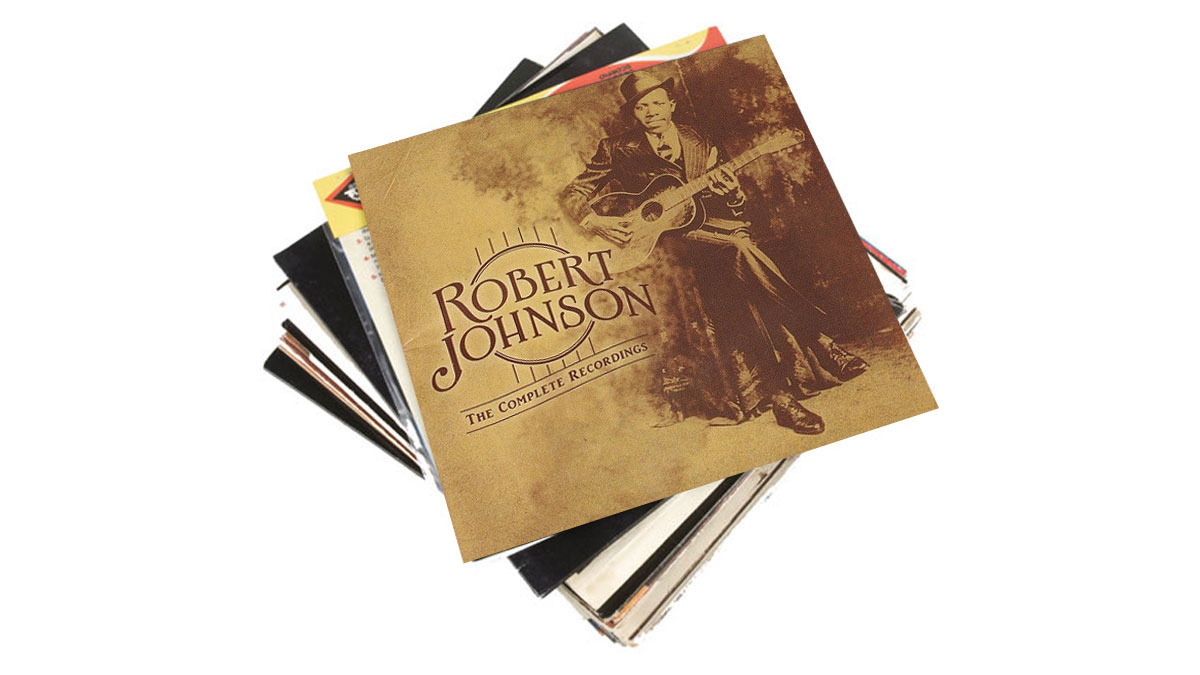
“At the moment, this is the best re-master of the whole catalogue. When it comes to acoustic blues that’s related to rock ’n’ roll – because there are so many strains – Johnson has to be the greatest.
“70 or 80 per cent of his songs are classics that have been recorded hundreds of times. His guitar style is, simply, definitive. From Robert Johnson you move up to Chicago, you move up to Muddy Waters. From Muddy Waters you move into Clapton and The Stones.
"It’s so rock ’n’ roll in its rhythmic content. It’s not a competition, but I believe he was the greatest acoustic blues player.”
2. Son House - Father Of The Delta Blues - The Complete 1965 Sessions
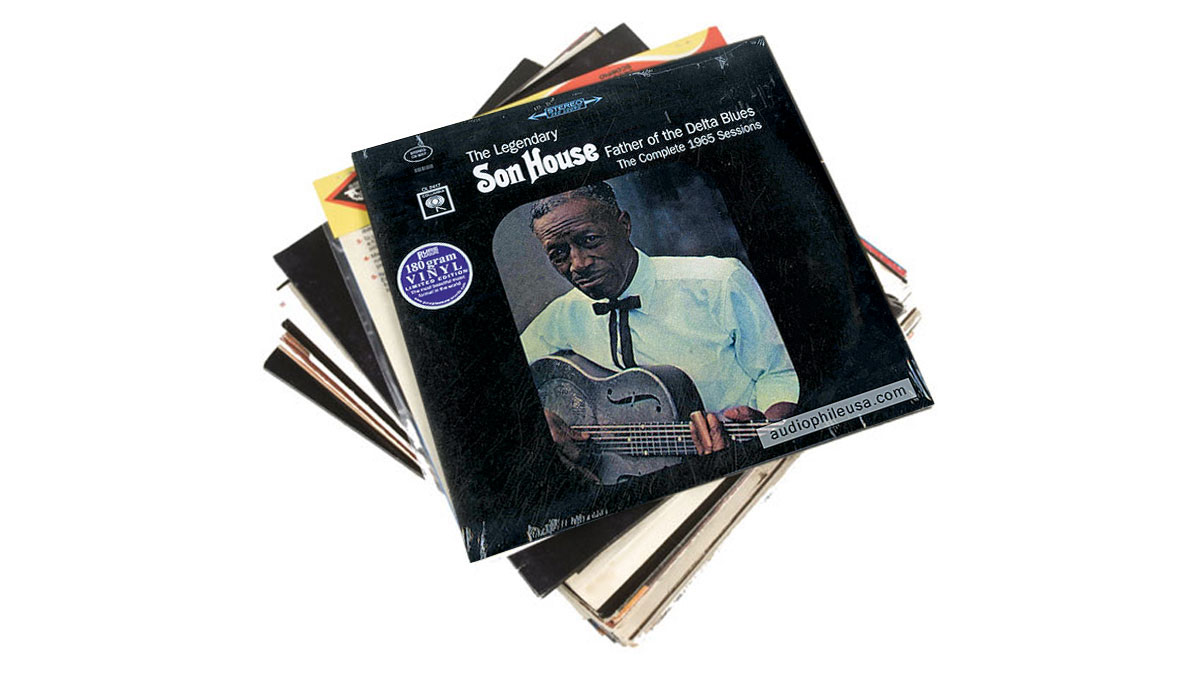
"It’s the classic sound of a National guitar used in a solo recording"
“Son House probably made his greatest recordings in the '30s. Musically, he was more on it, he was younger and hadn’t got alcohol and age problems.
“But the record he made in 1965 with him on the front with the National Duolian in the white shirt… It just became a classic album that was so influential.
“He does Death Letter and Preachin’ Blues. It’s the classic sound of a National guitar used in a solo recording. I think it’s because they were high-fidelity recordings, not old 78s. Vocally, he was really ‘on’. It has rough edges, but it’s a very important record. Everyone from Jack White to Ian Anderson has been influenced by it.”
Get the MusicRadar Newsletter
Want all the hottest music and gear news, reviews, deals, features and more, direct to your inbox? Sign up here.
3. Muddy Waters - Sings Big Bill Broonzy/ Folk Singer
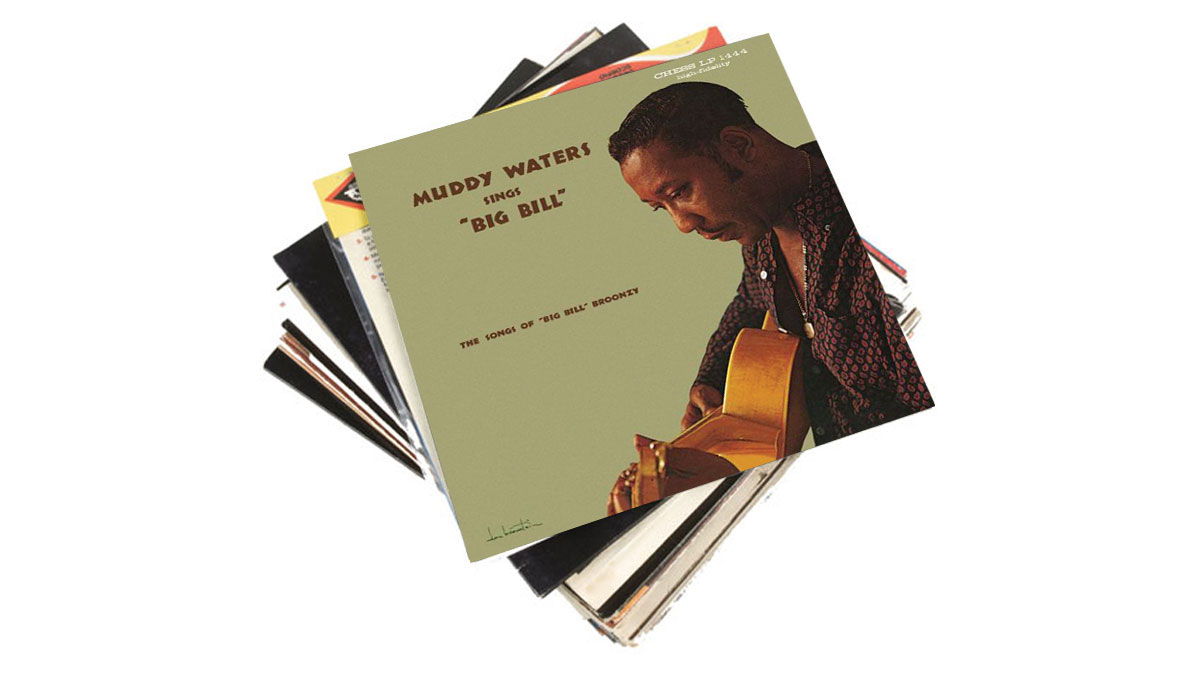
“The reason I’ve picked it is that, as an introduction to acoustic blues, you’ve got two albums in one here.
“On the Folk Singer album it’s Buddy Guy playing rhythm on acoustic, Muddy on slide and Willie Dixon on bass. It’s a very moody recording - they were trying to get into the '60s music scene with it, so it has quite a produced sound with lots of reverb. But it’s a very clear recording of an acoustic blues trio - and what a trio!
"A very good record for people breaking into the style. And his singing on it is just stunning. It’s a really, really good record.”
4. Blind Willie McTell – 1927-33 The Early Years
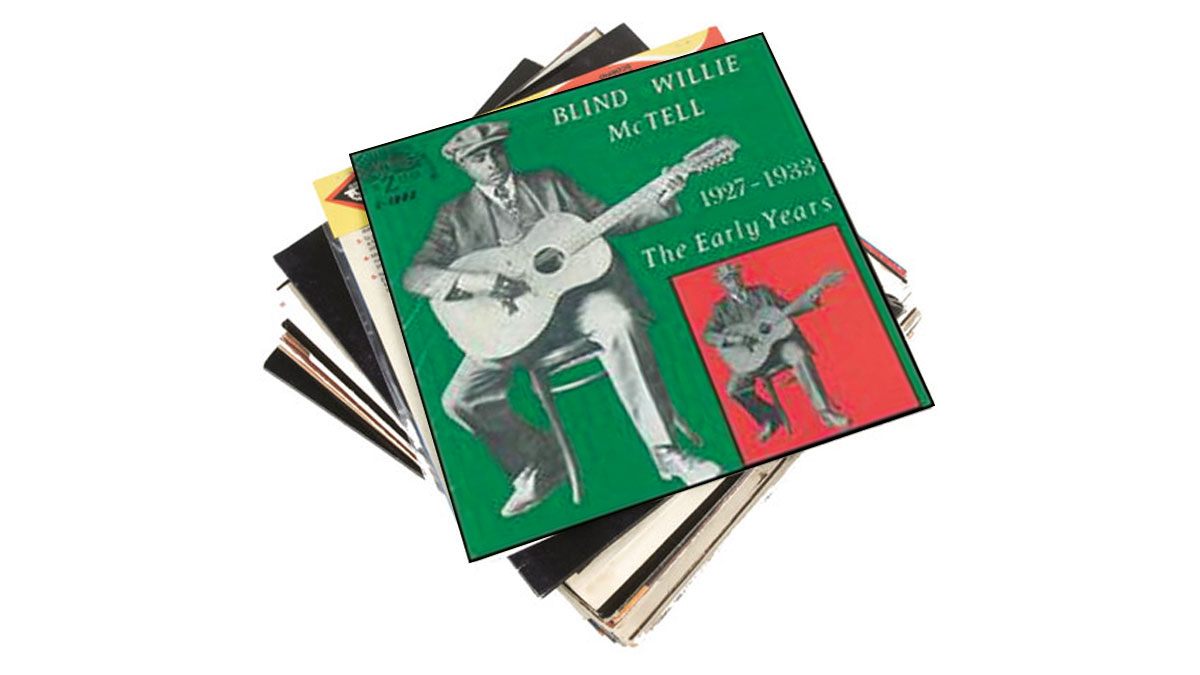
“There are so many compilations out there, but I would go for the early catalogue. Incredible 12-string player, played in all styles from deepdown blues to ragtime novelty.
“He played slide… Very rock ’n’ roll in its rhythm and tone. He’s the writer of Statesboro Blues, which The Allman Brothers covered; there was definitely a feel thing they had that relates to him. Rory Gallagher, too.
"Blind Willie McTell was incredible. Although he was a street singer originally, he became a successful recording artist. As a child, he learned Braille and so he knew music properly. He made some incredible records in that early period and you can’t be into acoustic blues without him.”
5. Blind Willie Johnson - The Complete Blind Willie Johnson
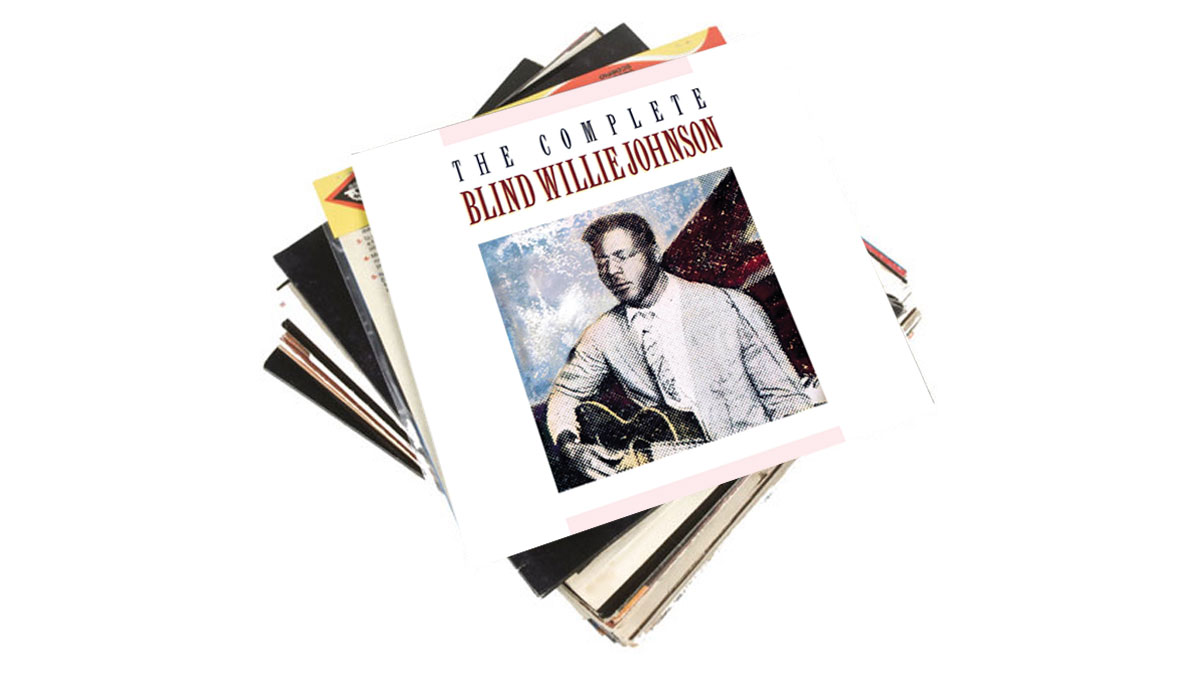
“His most famous piece is Dark Was The Night, Cold Was The Ground, which Ry Cooder used for his Paris, Texas film and which NASA sent into space on their Voyager probe in the 70s.
“Incredible slide guitar singer, gospel blues, extraordinarily talented man. A voice that at first is a little bit hard to get into because it’s a bit growly and they’re not great recordings, but once you get past that, you’re listening to - no question - one of the great musicians of all time. Definitive and important.”
6. Blind Willie McTell & Curley Weaver - Don’t Forget It: The Post-War Years 1949-1950
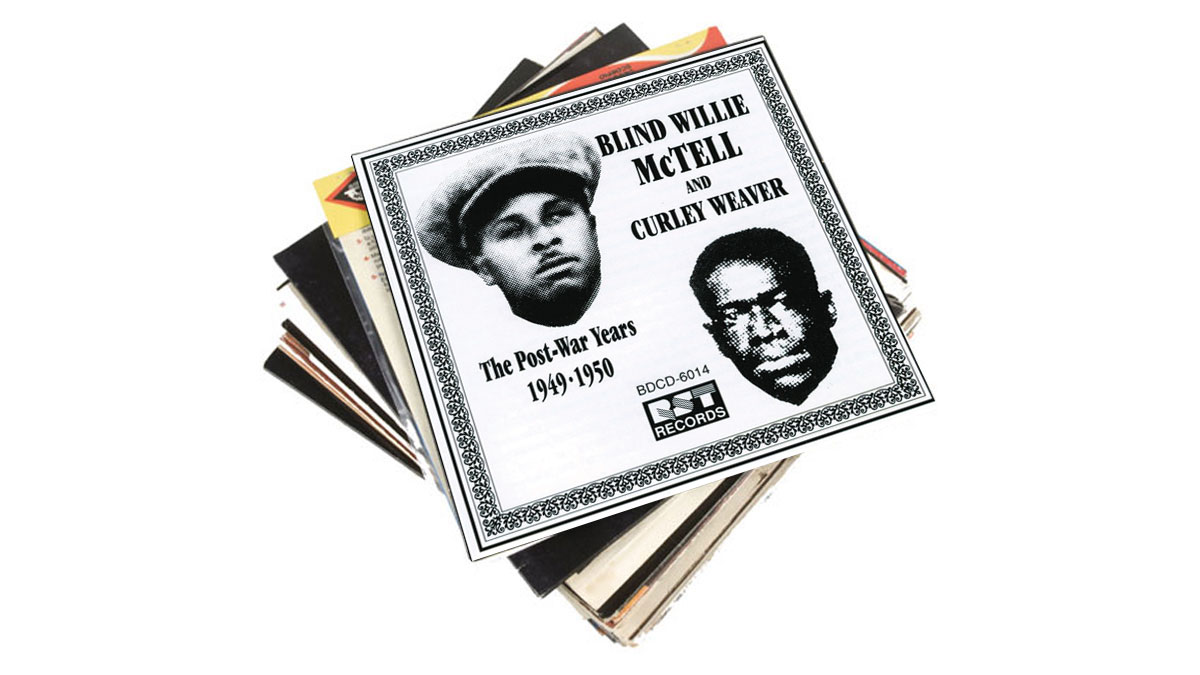
“This is a duet album. You have to listen to early Blind Willie McTell when you’re talking about him as a solo artist, but with his friend Curly Weaver in the late 40s, he cut a handful of sides that are the most incredible acoustic guitar duets.
“Just incredible. Two guitars playing hot ragtime blues with vocals. Just stunning - and very approachable, too: great songs, great playing.”
7. Skip James - The Complete 1931 Session
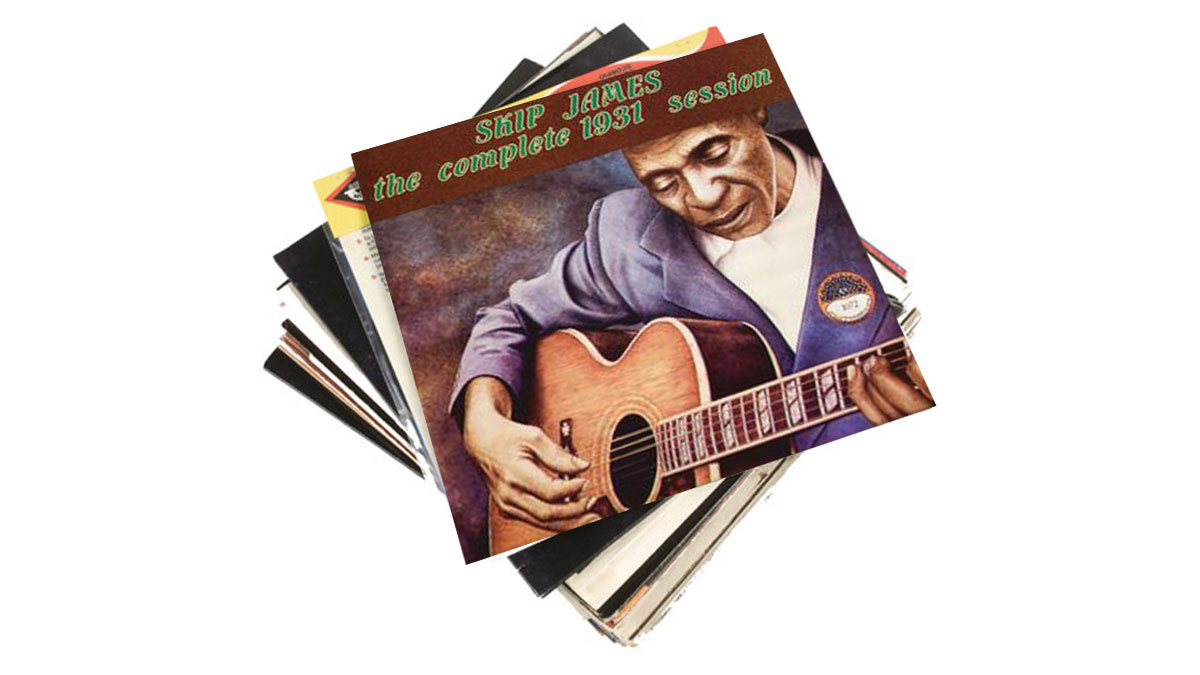
“There are various albums covering these sessions. Here’s an artist where there’s a pile of material of less interest, novelty songs, gospel songs… but when it comes to his good stuff, there’s a handful of material that’s the greatest blues ever recorded, so he’s really important.”
8. Johnny Shines - Too Wet To Plow
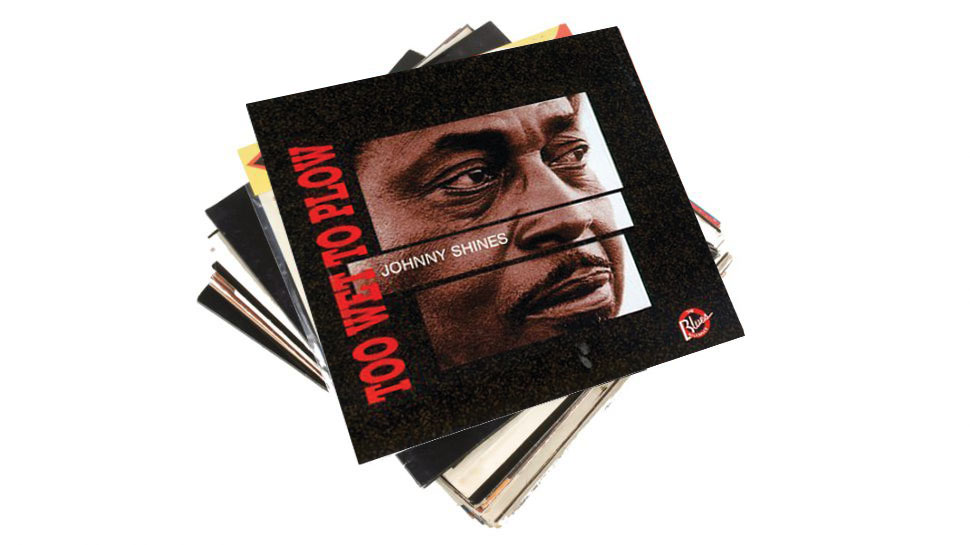
“Johnny Shines was a friend of Robert Johnson and played very much in that style.
“This album was recorded in the early '70s in Canada. Louisiana Red playing slide guitar… this is a special record. Really worth hearing. And it was recorded as an album, not just a compilation.”
9. Bukka White - Aberdeen Mississippi Blues: The Vintage Recordings 1930-40
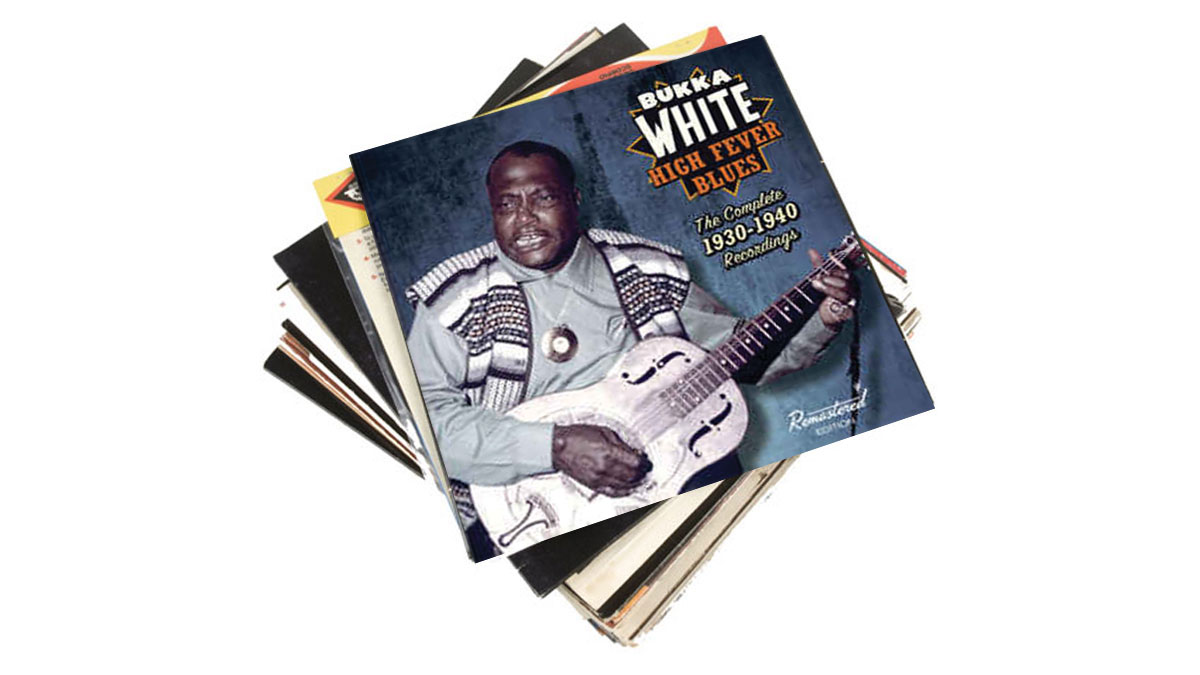
“Bukka was a Mississippi Delta player who played a National guitar. Hard driving, metallic guitar sound. Some pretty serious lyrics.
“I wouldn’t go for the ‘Rediscovery’ albums until you’re a real fan; some of those aren’t so great. But Bob Dylan was a big fan and classics such as Fixin’ To Die Blues by Bukka White are very important.”
10. Koerner, Ray & Glover - Blues, Rags & Hollers
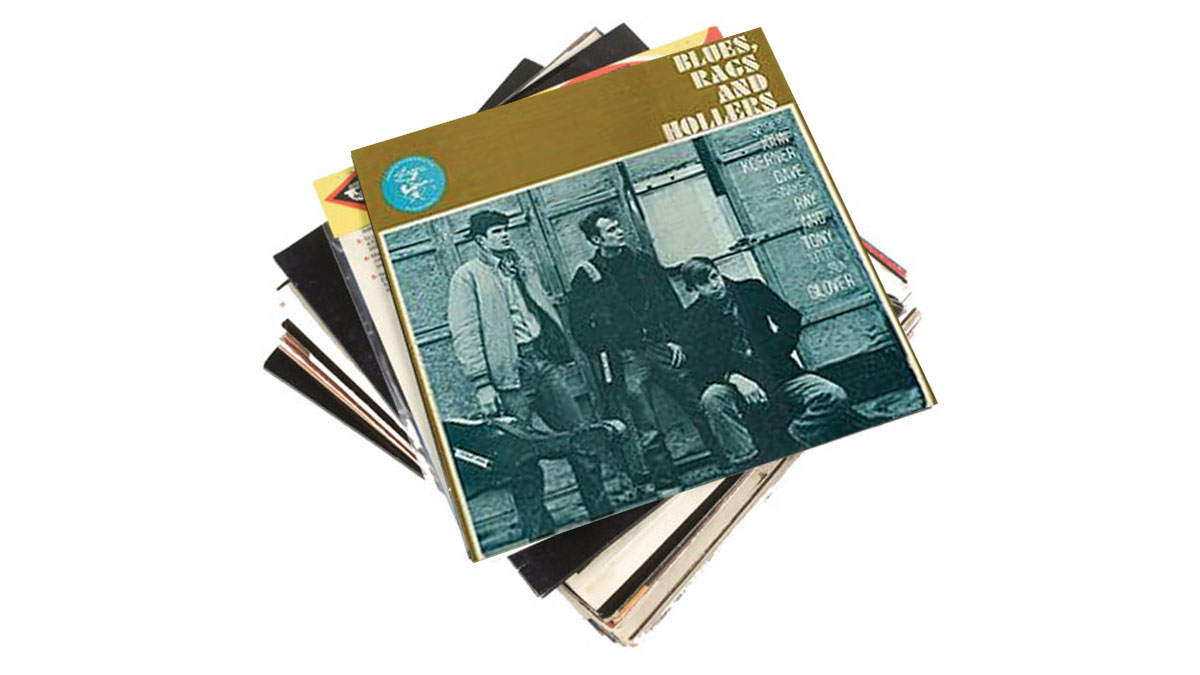
“This is on Elektra. This is ‘Spider’ John Koerner, Dave Ray and Tony Glover. Spider John was the leader, if you like, of that trio.
“He was around the Greenwich Village scene, an influence on Bob Dylan… but still relatively unknown today. It stands as definitive blues originating from non- African-American artists. It’s an incredible blues record - authentic, real blues rags and hollers. It’s wonderful.”
11. Mississippi Fred McDowell - Down Home Blues 1959
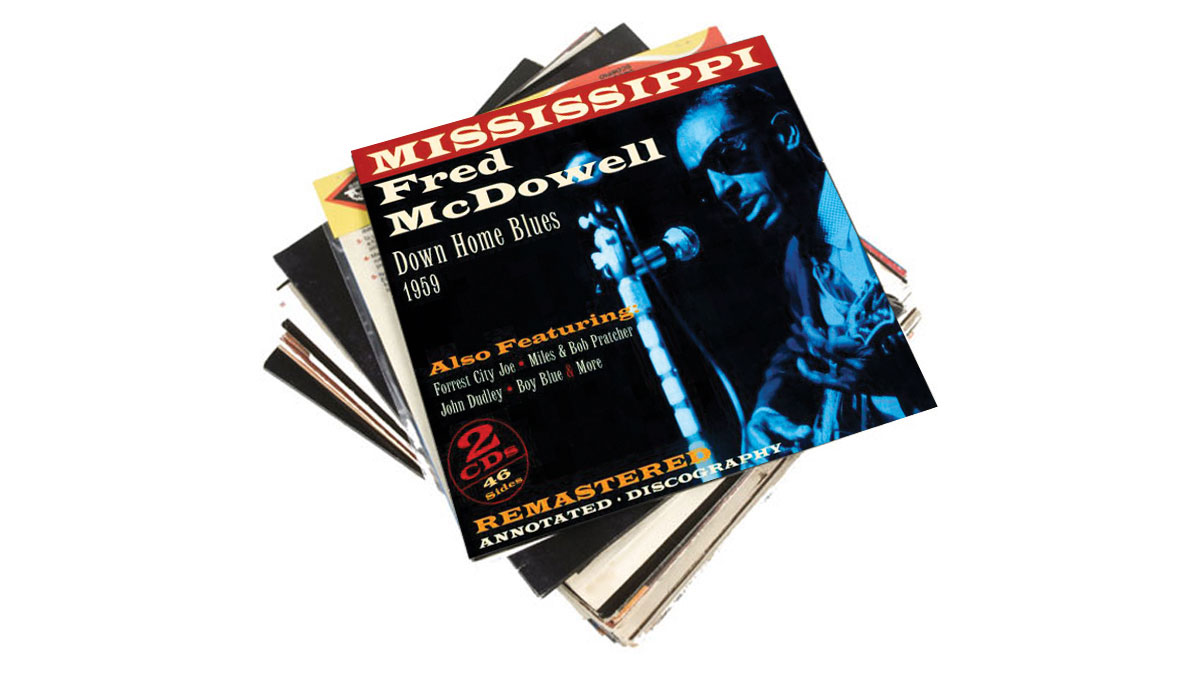
“A very important artist. He didn’t record in the 30s, he was discovered in the 50s - when he came over to Europe he was probably the most influential of the solo slide players.
“He turned lots of musicians in Britain on to the blues, from Dave Kelly to Wizz Jones. He was an incredible slide player and a total musician. And his claim to fame was The Rolling Stones covering You Gotta Move.
"His music is North Mississippi hypnotic, one-chord blues - everything open tuned, either open D or open G. No-one did or does it better.”
12. Mississippi John Hurt - Candy Man Blues
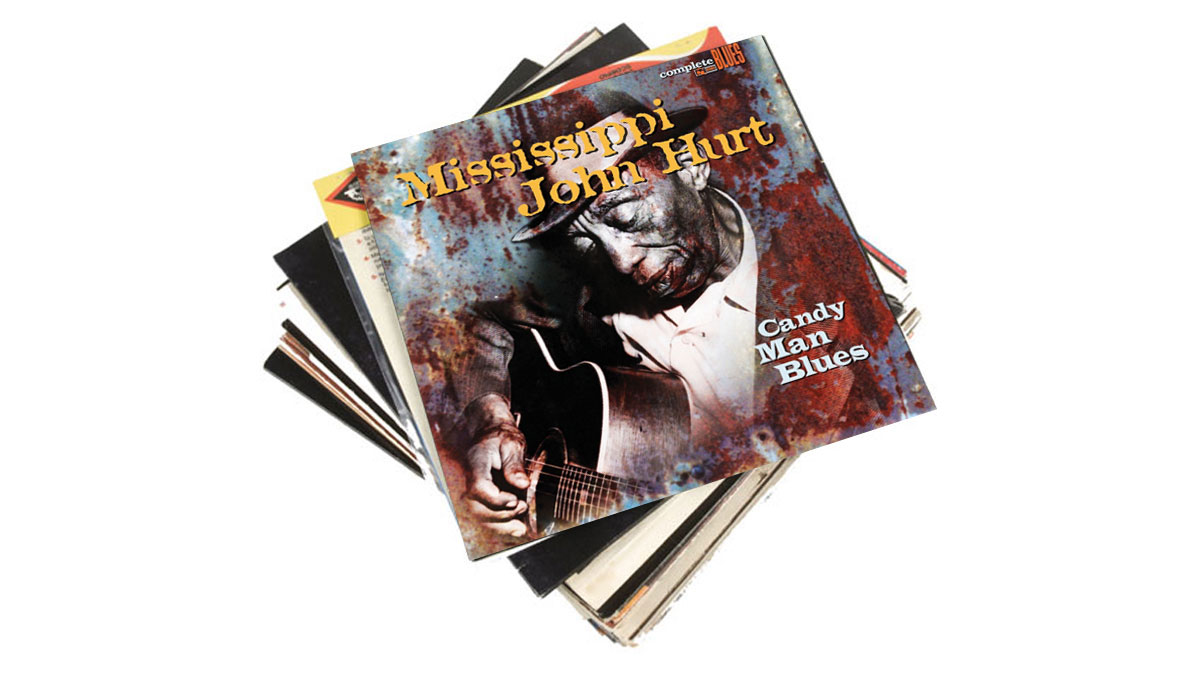
“He was very important - and influenced a lot of American players of the period. Warm, almost West African acoustic guitar in the way it’s picked and played.
“An artist I used to play with in the 80s called SE Rogie from Sierra Leone actually used to remind me of Mississippi John Hurt. Beautiful - and it has to be heard.”
13. Blind Boy Fuller - Get Your Yas Yas Out
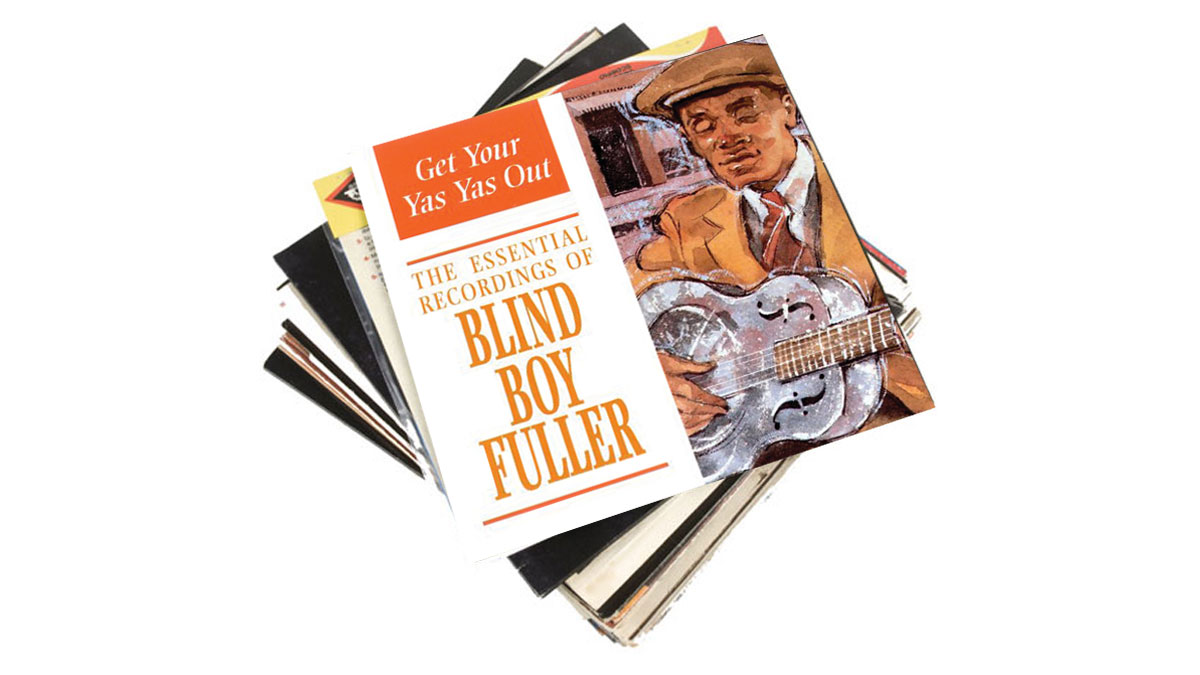
“This is where The Stones get their Get Yer Ya-Ya’s Out from. Blind Boy Fuller played a National guitar, but he wasn’t a slide player, he was an incredible ragtime guitar player.
“It’s really superb - influenced by Blind Lemon Jefferson and Blind Blake, yet another blind guitarist from this tradition. Definitely a disciple of those musicians and a very important musician. An incredible guitar player - has to be heard. It’s not so close as Robert Johnson’s blues is to rock ’n’ roll, though. It’s more like piano ragtime music in a way.”
If you enjoy these recordings, check out Michael Messer’s music at michaelmesser.co.uk
"Reggae is more freeform than the blues. But more important, reggae is for everyone": Bob Marley and the Wailers' Catch a Fire, track-by-track
“Part of a beautiful American tradition”: A music theory expert explains the country roots of Beyoncé’s Texas Hold ‘Em, and why it also owes a debt to the blues



